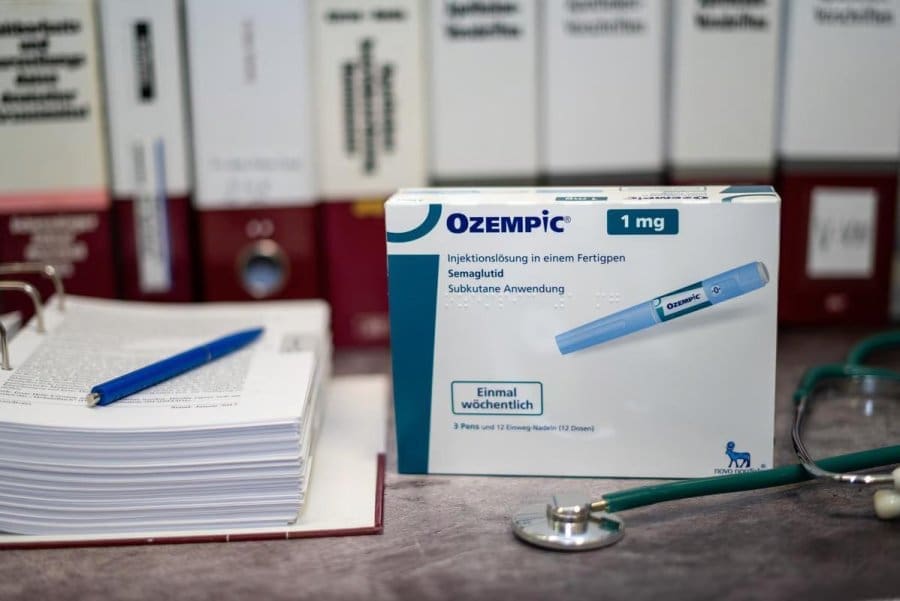In a twist of fortune, those battling diabetes and using certain medications might receive more than just blood sugar control—there’s evidence suggesting a potential shield against serious blood clots.
Recent research highlights that individuals with diabetes taking GLP-1 medications, including popular options like Ozempic, might experience a significant reduction in the risk of developing venous thromboembolism (VTE), a type of blood clot. According to findings presented at a medical conference, these drugs may lower VTE risk by up to 20% compared to other diabetes medications.
VTE is not a term to be taken lightly. It encompasses dangerous conditions like pulmonary embolisms, where clots make their way to the lungs, and deep vein thromboses, typically forming in the legs. Such clots pose severe health threats, including hospitalization or even death if not addressed promptly.
The study, overseen by Dr. Rushad Patell and his team, involved a large-scale analysis of over 558,000 Americans. Participants were divided into two groups: one received GLP-1 medications, while the other was treated with DPP4i drugs, a conventional diabetes medication that does not aid weight loss. After a year, the GLP-1 group showed a notable decline in VTE incidents — 6.5 occurrences per 1,000 patients compared to 7.9 in the DPP4i group.
What makes this research stand out is its implications for public health. Given the widespread use of GLP-1 medications among diabetes patients, there is potential for a nationwide reduction in the burden of VTEs. However, as the data stems from retrospective analysis, further prospective studies are necessary to confirm if these medications directly influence clotting risk or if weight loss, commonly associated with GLP-1 use, plays a crucial role.
Dr. Patell emphasized the necessity for further research to unravel the exact mechanism by which these medications might reduce clot risk. Is it merely a byproduct of weight loss, or is there another underlying factor? Until scientists can provide definitive answers, these findings remain preliminary and should be interpreted with caution.
Despite the need for additional studies, the existing data might already serve as a valuable guide for healthcare providers. When choosing diabetes treatments, particularly for patients with an elevated risk of blood clots, GLP-1 receptor agonists might offer an extra edge.
As the medical community continues to explore the exact benefits of GLP-1 medications, diabetes patients might find reassurance in these preliminary findings. Though more research is needed, this class of drugs could prove to be a multifaceted ally in managing not just blood sugar but also reducing the risk of life-threatening blood clots.
Source: Yahoo







